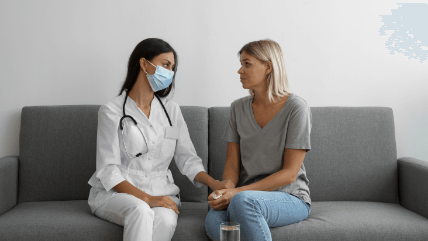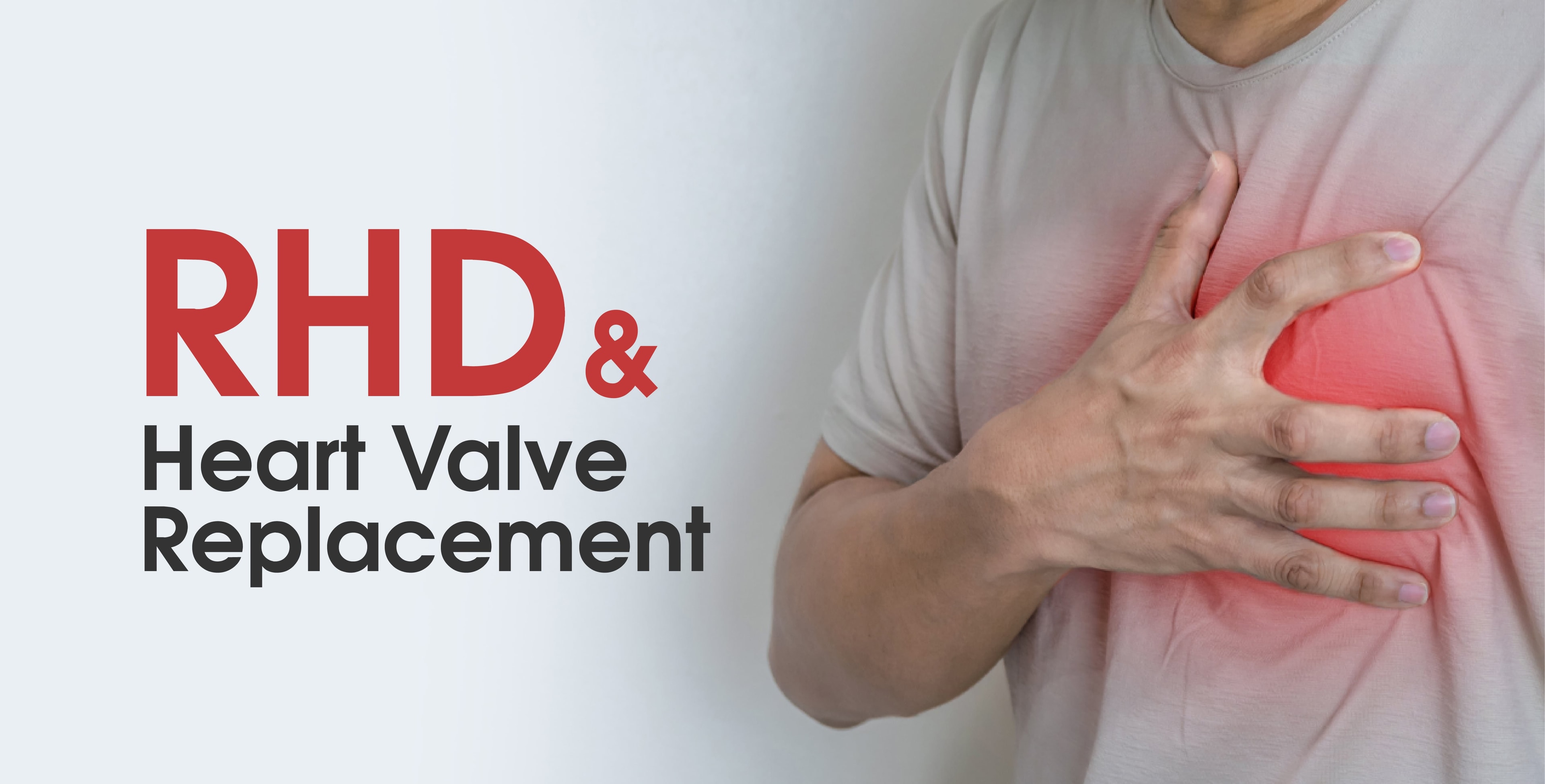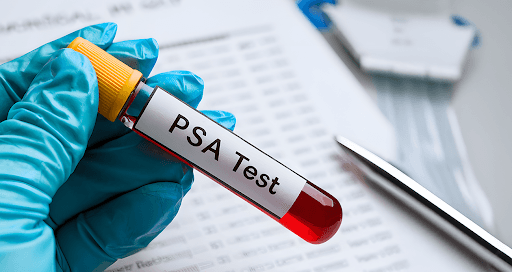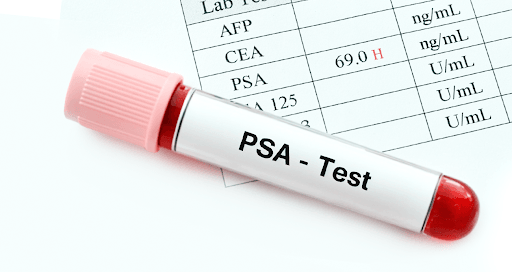
Is your mood always low? Do you often feel anxious, worthless, and suicidal? Do you inflict self-harm? Is there a lack of interest in sex and other pleasure-giving activities? Are you the kind of person who refuses to socialize and experiences an inability to function at home and at the workplace? If the answer to all these questions is a YES, you might be suffering from DEPRESSION, ALSO KNOWN AS MAJOR DEPRESSIVE DISORDER OR CLINICAL DEPRESSION. This is a common and serious medical illness that has a negative impact on your state of mind and well-being. It affects how you feel, think and act. It decreases the quality of your life. Depression affects people of all ages. Children, Teens, and Adults show different symptoms. Refusal to go to school, aches, and pains, worry, clinginess, irritability, sadness, and being overweight are the common symptoms in children. Substance abuse, avoiding social interaction, self-harm, overeating and oversleeping, poor academic performance and attendance at school, anger, and irritation, feeling worthless and guilty, sadness, being too sensitive, and loss of interest in normal activities are the general signs of depression in teenagers. Adults experience mild to extreme memory loss, personality changes, aches and pains, fatigue, sleep disorders, loss of appetite, lack of interest in all activities which give pleasure, refusal to socialize and stay within homes, and suicide mentality. Symptoms A feeling of extreme sadness Anxiety, worry Decreased ability to function at home and at the workplace Emotionally disturbed Fatigue Feeling worthless and unwanted Increase in purposeless physical activity like restlessness and agitation Not being able to focus on everyday activities Not interested in activities once enjoyed Recurrent thoughts of death, suicidal thoughts, suicide attempts, or suicide Slowing down of movements Trouble sleeping or oversleeping Unable to concentrate, think and make decisions Causes / Reasons Being sad is not the same as being depressed. Continuous exposure to physical and mental violence, emotional neglect, or poverty may make some people more vulnerable to depression. People with low self-esteem, generally pessimistic, and those susceptible to stress experience depression. Genetics and Biochemistry are also factors contributing to depression. It can even occur because of a particular medical condition or due to certain medications. Treatment Depression is among the treatable mental disorders. It may require long-term treatment. But don't be discouraged. Medication, Psychotherapy, Electroconvulsive Therapy (ECT), or a combination of these can improve the condition of patients. Consult your doctor for a detailed medical examination and treatment.







